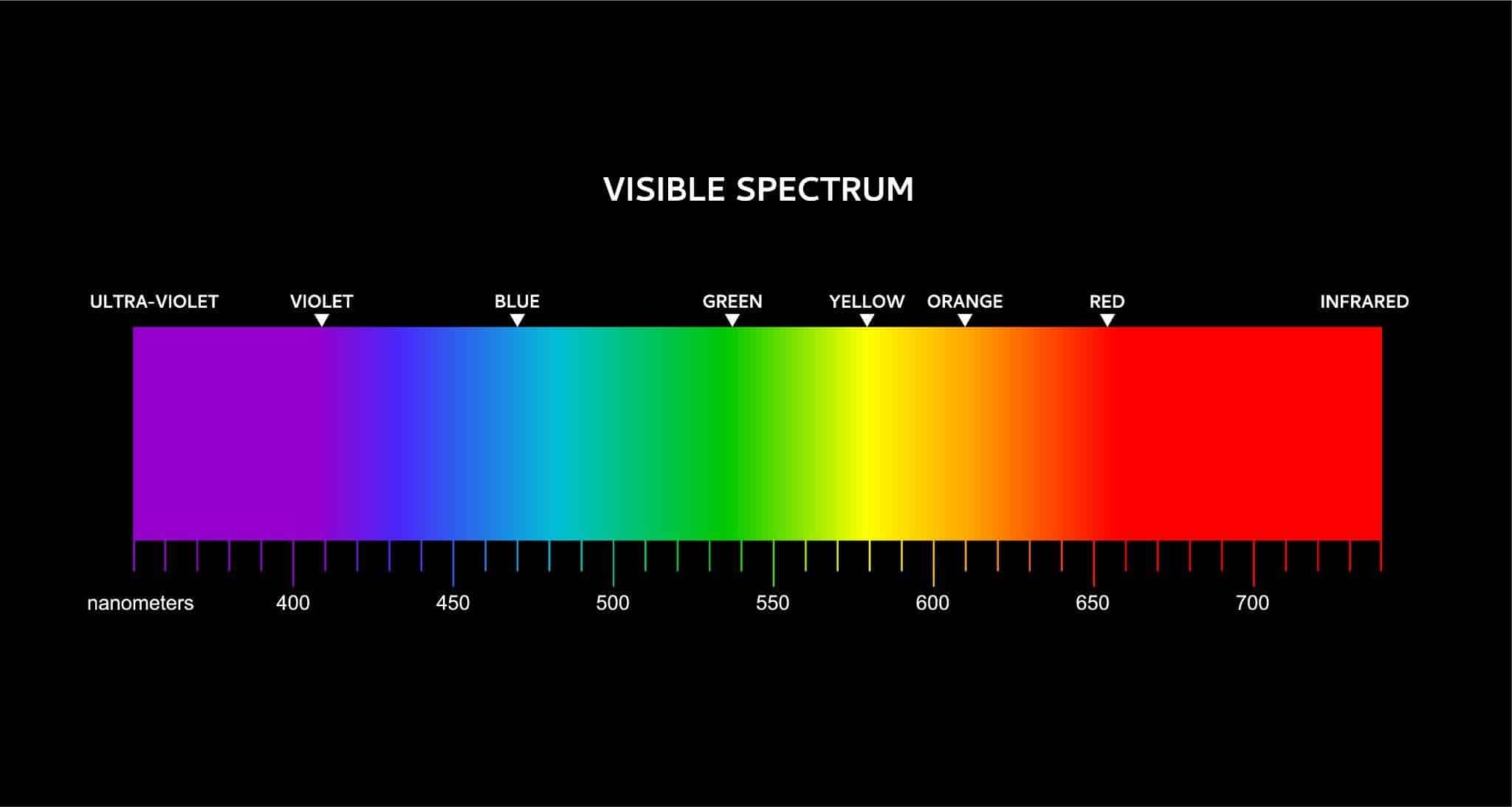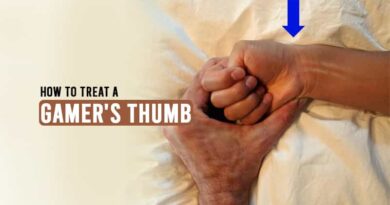What Is Blue Light Emission? Determining Its Effect on Your Health
We all know that the emissions in the environment are bad for our health, but there’s one type of emission you may be overlooking. Blue light emission is a form of light that’s all around us — in fact, it’s probably mere inches away from you as you’re reading this. But is it really something to worry about? In this guide, we’ll go over the basics of blue light emission, how it affects human health and how to take some simple precautions to prevent it from impacting yours.
Doing some basic things like turning your computer screen’s brightness down and wearing blue light filter glasses can help prevent blue light from affecting your health. But before you go chucking out all your devices, it helps to know a little bit about how blue light works and why it matters.
What Is Blue Light?
Spending all day on the computer or staying up late browsing on your phone seems harmless enough, but you may be subjecting yourself to damage when you do this. That’s because our devices emit blue light, a form of high-energy visible light that forms the white light from the sun. This light can negatively affect our eyes and prevent us from getting good sleep.
To understand blue light, you need to know a little about the electromagnetic (EM) spectrum. This is the spectrum of colors (ROY G. BIV) that makes up the white light we see in the sky. On the spectrum of visible light, blue light is closer to the end near ultraviolet (UV) light. UV light is the form of light that causes skin damage and eye problems such as cataracts. Blue light has a wavelength of 400 to 500 nanometers, while UV light has a wavelength of about 320 to 400 nanometers.

While the sun is the biggest form of blue light exposure we experience, we’re also exposed through computers, phones, tablets, TV screens and fluorescent light bulbs. But this exposure isn’t all bad. In fact, we use some blue light to help us realign our circadian rhythms so we get quality sleep. It can also help suppress the release of the sleep hormone melatonin, which is great when we need to feel energized and awake.
Read: Tips to Keep Your Eyes Healthy
How Blue Light Affects Our Health
The most well-studied impact of blue light on the human body has to do with sleep. When we need to be awake and ready to attack the day, a little bit of blue light exposure signals the brain that it’s time to be awake. On the other hand, when you spend hours before bedtime reading a book on your tablet or watching videos, this blue light tells your brain it’s time to stay alert and suppresses the release of melatonin. Naturally, this leads to insomnia and prevents you from getting the rest you need.
Not getting quality sleep does more than just leave you feeling groggy and zapped of energy. Each day, we learn more and more about the importance of sleep. When we sleep, the body facilitates many important processes that help stave off disease — including heart disease and diabetes — as well as obesity and mood disorders. Getting your recommended amount of sleep each night should be a priority in your general wellness plan,
Blue light also has a negative impact on the eyes. We know that staring directly at the sun or not wearing sunglasses can cause serious vision issues, from macular degeneration to cataracts. Though it’s not as harmful as UV light, blue light comes with similar risks. Research shows that blue light exposure can heighten the risk of the onset and progression of macular degeneration. It can also contribute to eye strain, dry eye, blurry vision and eye fatigue.
It’s also important to note that children are particularly susceptible to damage from blue light. This is because younger eyes aren’t as developed as grown-up eyes, and they are not able to filter out the light as well as adults. If you’re concerned about your child’s exposure, get them a pair of kids’ blue light glasses to wear while playing video games or using their devices. It’s also a good idea to limit screen time and keep it to a reasonable minimum each day.
Read: Why Do My Eyes Hurt
What You Can Do About It
The reality is that adults and children alike are spending more and more time in front of blue light emitting devices. Research shows that kids are logging up to nine hours per day of screen time, while adults spend about 11 hours per day in front of their screens. That’s a lot of time to be exposed to harmful blue light emission! But it’s not realistic to get rid of technology altogether. Here are some things you can do to limit your exposure.
- Wear blue light glasses. Make sure to wear blue light reading glasses when working or reading on your phone or tablet, especially at night. These glasses can filter out a significant percentage of the blue light that emits from your devices, helping to prevent them from reaching your eyes.
- Turn your brightness down. Adjusting the brightness of your phone or computer screen can reduce blue light emissions significantly while also helping prevent eye strain and fatigue after a long day of use.
- Limit evening exposure. While it’s not realistic to completely stop using blue light emitting devices, you should try to limit usage as much as possible. This is especially important in the evening, when the blue light tells your body it’s time to stay awake and resist sleep. It’s best to stop looking at any screens at least an hour before bedtime.

The reality is that blue light does affect our health, both in the form of potentially long-term damage to your eyes as well as by disrupting healthy sleep patterns. Limiting blue light exposure with the help of blue light filtering glasses is a great way to protect your eyes and stay healthy in the long run.




